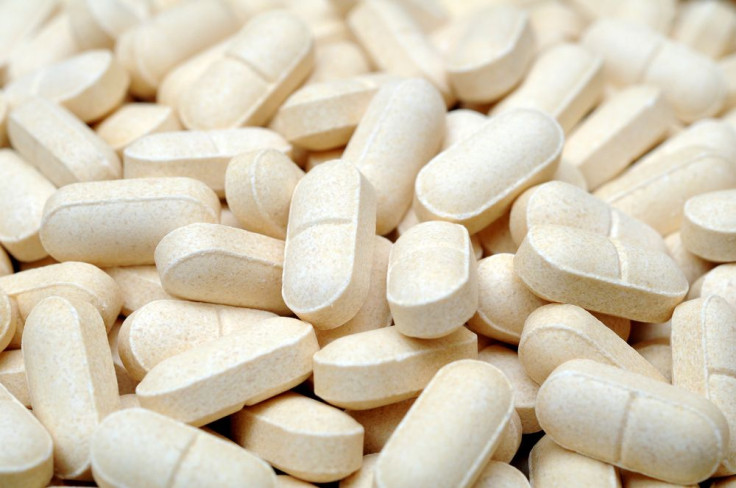Gilead To Seek FDA Approval For Another Hepatitis C Drug: Ledipasvir Plus Sovaldi Cure Up To 99 Percent Of Cases

Gilead Sciences Inc. is on the verge of solidifying its command on the Hepatitis C-drug market. Less than two weeks after the U.S. Food and Drug Administration (FDA) approved the pharmaceutical company’s breakthrough drug Sovaldi (sofosbuvir), the company is preparing to ask for the FDA’s approval of the drug ledipasvir. According to initial results from Gilead, both drugs used in combination can produce high cure rates — known as a sustained virologic response —in people with the most common and severe type of the deadly liver disease.
The results of Gilead’s three ION studies could push the company to the forefront of Hepatitis C (HCV) treatment because neither Sovaldi nor ledipasvir treatments require interferon injections, which come with terrible side effects — including anemia, insomnia, fatigue, depression, and skin rashes — that force many people to forgo treatment. All of the studies tested the combination pill regimens on genotype 1 HCV patients, which is the most common type, affecting about 75 percent of those with the infection. The studies also tested the drugs in combination with the older drug ribavirin, a pill that also comes with serious side effects, as well as testing the drugs on patients with cirrhosis, who were farther along in the disease’s progression.
ION-1 looked at the efficacy of these drugs on 865 patients who had never gotten treatment before, and included 136 patients with cirrhosis. The combo pill cured 97.7 percent of patients after only 12 weeks. ION-2 looked at 440 patients — 88 with cirrhosis — who had gotten prior treatment but didn’t respond well. The combo pill cured 93.6 percent of patients after 12 weeks, and after 24 weeks, 99.1 percent had been cured. The final study, ION-3, looked at the combo pill’s effect on 647 patients who had never been treated and who didn’t have cirrhosis. The drugs proved to work even faster: after eight weeks, 94 percent had been cured, rising to 95.4 percent after 12 weeks, Reuters reported.
“The results of the ION studies demonstrate that a simple, safe, and short course of therapy with a single tablet regimen of sofosbuvir/ledivaspir can provide high cure rates among patients with genotype 1 HCV infection, while eliminating the need for both interferon and ribavirin,” Norbert Bischofberger, PhD, executive vice president of research and development and chief science officer, said in a statement. “With the availability of these results, Gilead is finalizing its regulatory filing for sofosbuvir/ledivaspir, with the goal of submitting a New Drug Application in the first quarter of 2014.”
Other promising drugs for HCV include the recently approved Olysio, from Janssen Therapeutics, and Merck’s combo of two antiviral oral drugs. But the problem with both is that they require interferon injections, which many patients can’t tolerate, and subsequently end treatment. Because of this, interferon and ribavirin therapy only have a cure rate of about 50 percent — and that’s after about 48 weeks.
HCV is a serious liver disease that causes the liver to inflame, and in most cases, deteriorate over a long period of time. It affects about 3.2 million Americans — many of whom don’t know they have it — and becomes chronic in about 75 to 85 percent of cases, according to the Centers for Disease Control and Prevention.



























